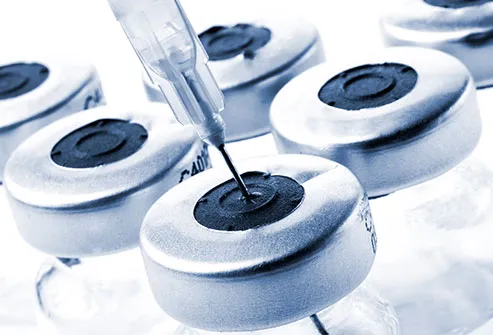
What Are Steroids?
The word has different meanings. Steroids are chemicals, often hormones, that your body makes naturally. They help your organs, tissues, and cells do their jobs. You need a healthy balance of them to grow and even to make babies. "Steroids" can also refer to man-made medicines. The two main types are corticosteroids and anabolic-androgenic steroids (or anabolics for short).
A few common examples of anabolic steroids include
- Anabol,
- Android,
- Androstenedione,
- Winstrol,
- Deca-Durabol,
- THG,
- Genabol, and
- HGH.
- These steroids also have direct effects on numerous organs:
- An increased number of sebaceous glands in the skin routinely leads to acne.
- Liver damage may often occur, and liver cancer is a risk.
- The heart is at risk for damage in a various ways. In response to excess steroid in the body, the heart muscle may enlarge just like any other muscle in the body. This enlargement, or hypertrophy, can lead to decreased pumping ability (cardiomyopathy) as well as changes in the electrical conduction system in the heart causing rhythm changes (arrhythmias), palpitations, and potentially sudden cardiac death. As well, steroids may cause high blood pressure, increased cholesterollevels, and elevated blood sugars, all of which are risk factors for heart attack and stroke.
- Psychiatric effects of steroids include excitation and depression. Aggression is common. Manic episodes of aggressive behavior are known as "roid rage," and violence may be the outcome. Depressionand suicide may also occur.

No comments:
Post a Comment